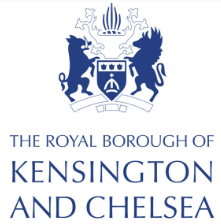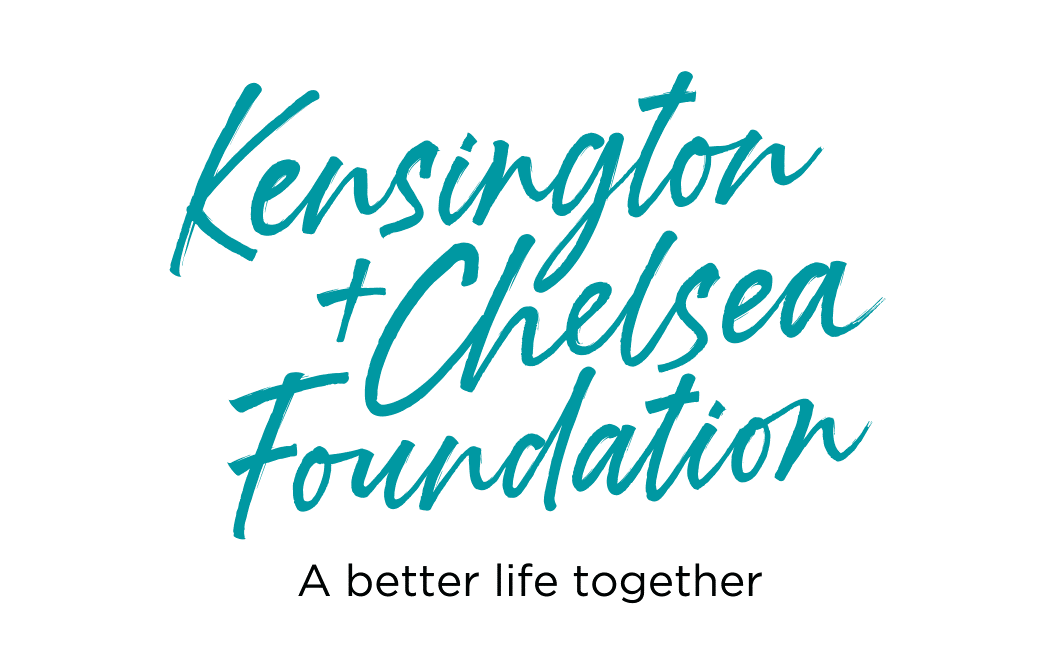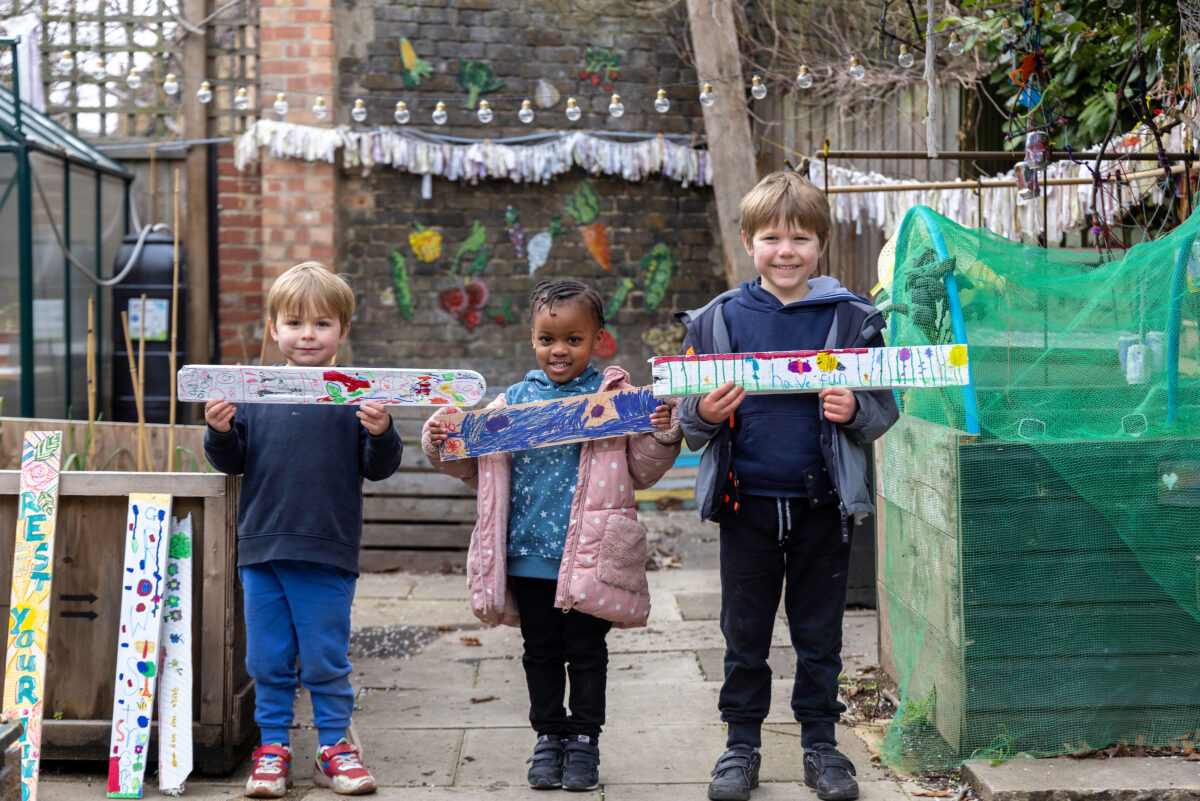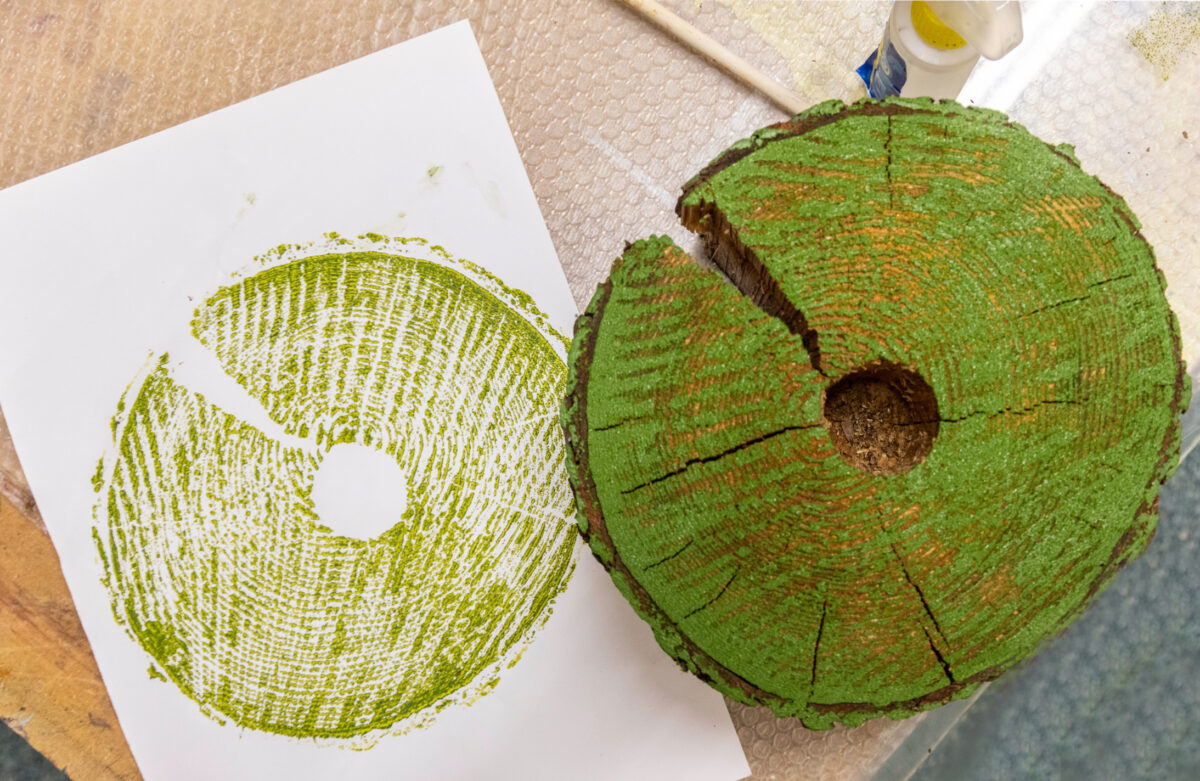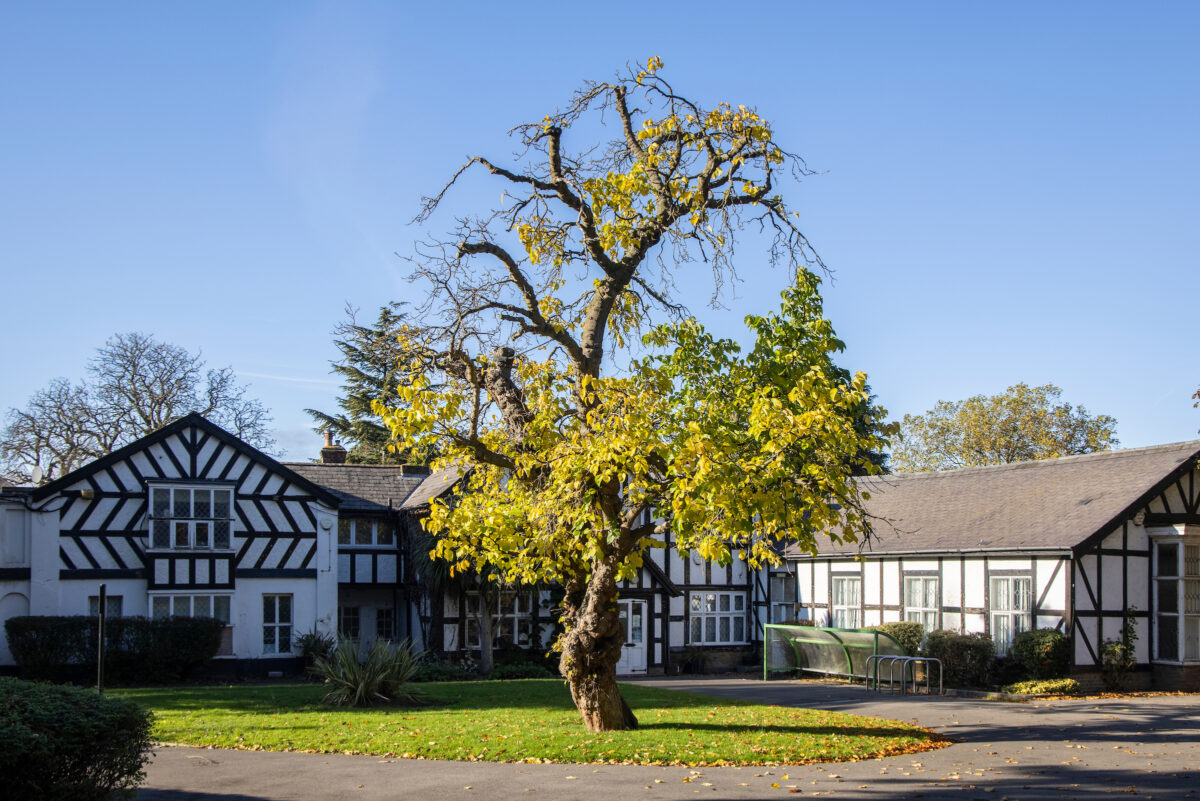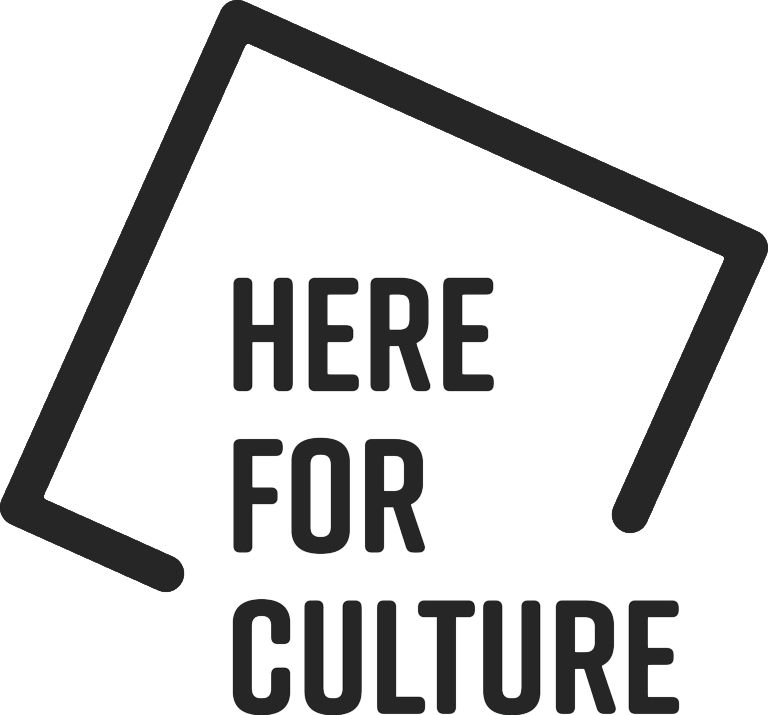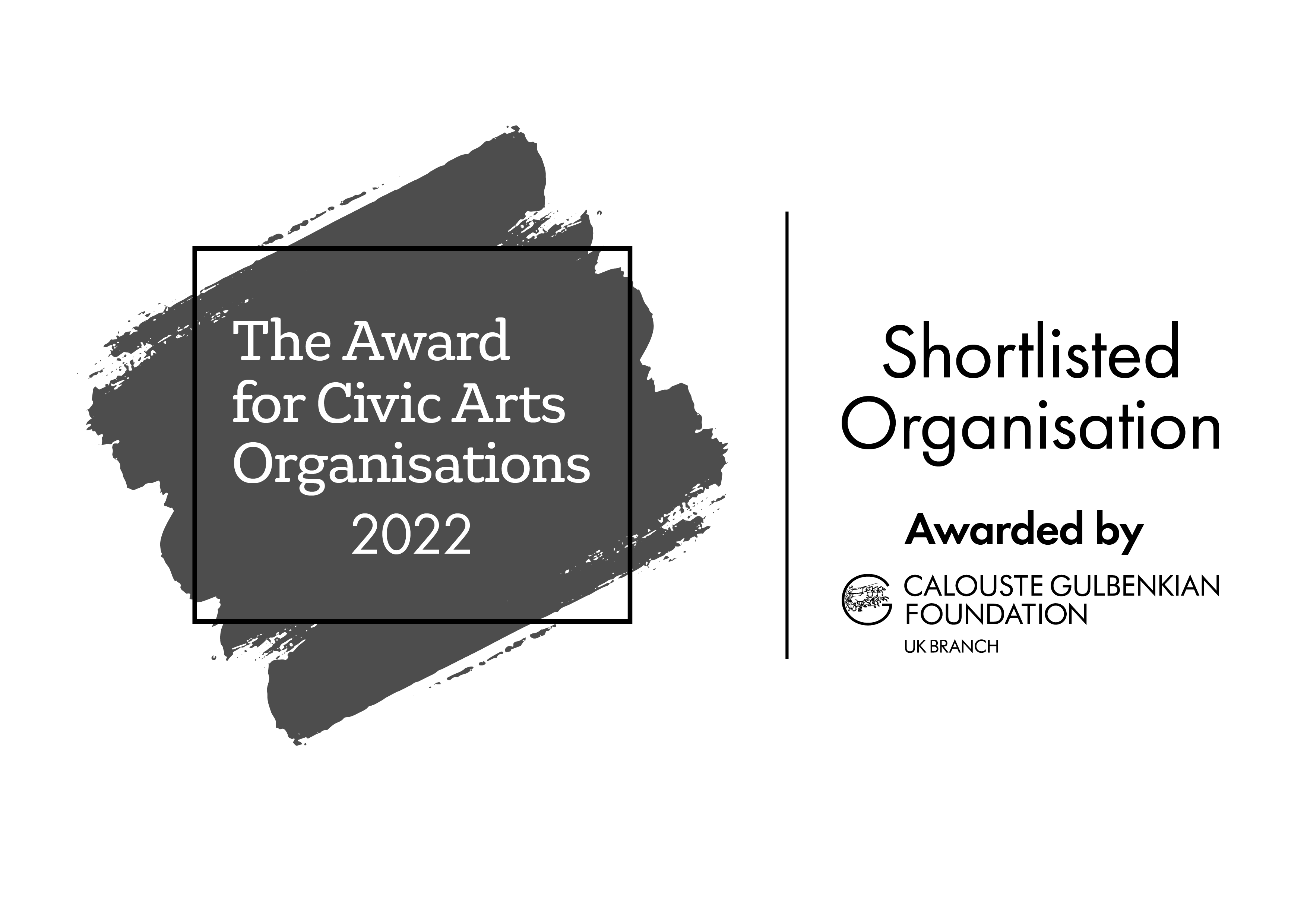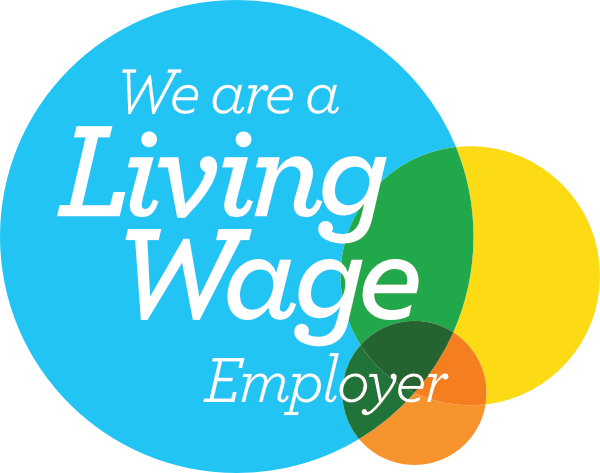Home » Programmes » Maxilla Men’s Shed
Maxilla Men's Shed
North Kensington
Since 2019
Address:
ACAVA Maxilla Walk Studios
4 Maxilla Walk, London W10 6NQ
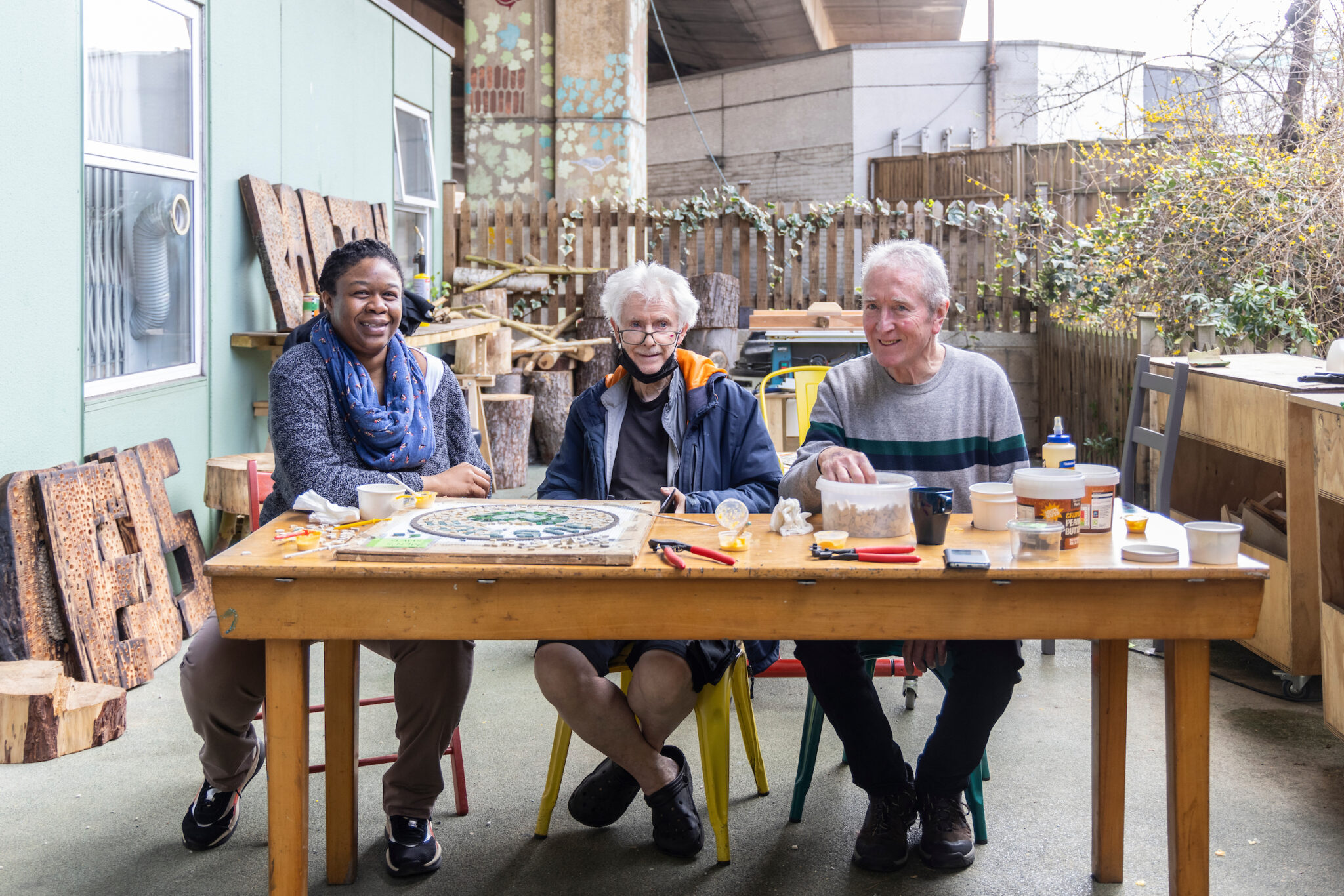
Maxilla Men’s Shed is a community workshop and makerspace based in North Kensington.
Welcoming people of all genders, the Shed provides a unique space for creativity in the community and delivers a significant positive impact on the wellbeing of our members.
We operate weekly Tinkering Sessions, where everyone is invited to explore creative ideas. We work on personal projects, all whilst socialising and exchanging skills.
We also deliver specialist workshops where the community are invited to learn a new creative skill, diversifying and strengthening the peer support network the Shed facilitates.
Working with Kensington and Chelsea Social Council, the project has been made possible by funding from NHS West London Clinical Commissioning Group, Royal Borough of Kensington and Chelsea Public Health,the Kensington and Chelsea Foundation and Ernst & Young.
Get involved
Work on new projects, follow hobbies and share skills at our weekly and free Tinkering Sessions. No need to book, just drop in. View opening times here or contact us here.
To find out about our specialist courses and workshops, subscribe to ACAVA’s newsletter and follow MMS on Instagram.
Where we are
Maxilla Men’s Shed
ACAVA Maxilla Walk Studios
4 Maxilla Walk, London W10 6NQ
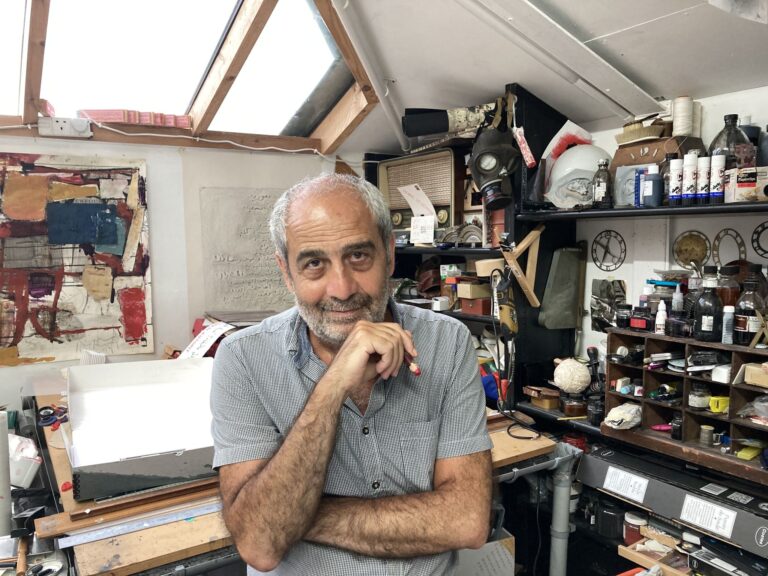
Marking Narratives: a community programme with Issam Kourbaj, Shubbak Festival 2025
We’re delighted to announce our collaboration with Shubbak to present Marking Narratives, a community programme led by Syrian-born artist Issam Kourbaj.
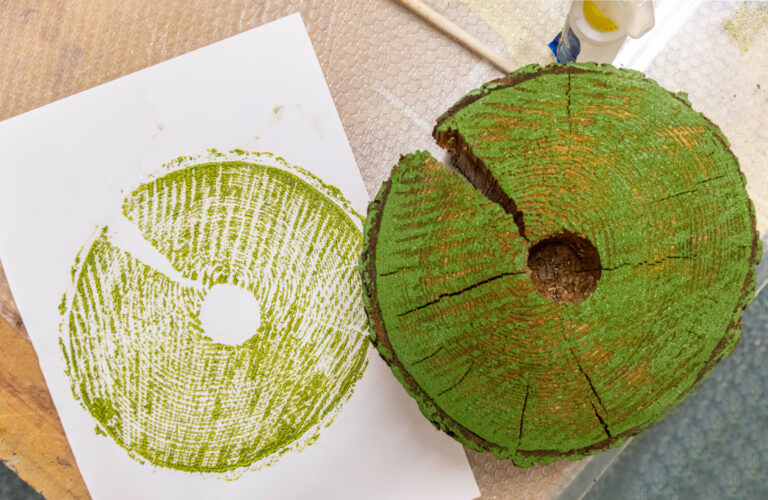
Make and Reuse Creative Workshops
Make and Reuse Creative Workshops is a new programme of free creative courses to inspire our community of makers to reuse materials, contribute to the circular economy and make their everyday more sustainable, running from our community makerspace Maxilla Men’s Shed.
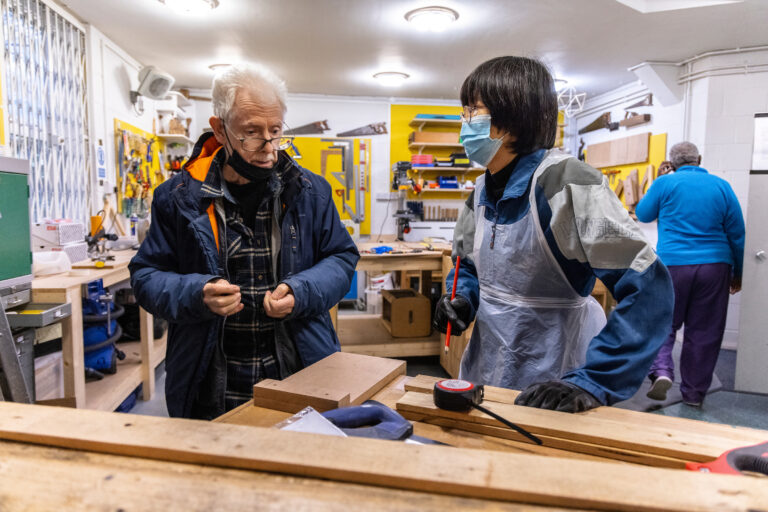
Tinkering Sessions
Work on practical projects, follow hobbies, explore and share existing or newly learnt skills, socialise and meet others. No need to book, just show up with your project or ideas on the day.
"In a word, ‘magic’. If you’re feeling gloomy, you show up there."
Programme participant, London
Our projects
Make and Reuse Creative Workshops (2023-2025)
Make and Reuse Creative Workshops is a new programme of free creative courses to inspire our community of makers to reuse materials, contribute to the circular economy and make their everyday more sustainable. More info.
Skill up (2022)
Skill Up is a year-long programme, delivering eight specialist skills courses, each taught over six sessions with the purpose of skilling up the Shed users and the wider North Kensington community. This is an open brief for all craft-based creative practices. Makers from all disciplines are encouraged to apply; woodworking, carpentry, leatherworking, upholstery, up-cycling, furniture making, wood carving, metalworking, jewellery making. All crafts from traditional to contemporary practices will be welcomed to allow us to create a diverse programme for our Shed community. More info
Tinkering Sessions (2019 – Present)
Weekly sessions designed to create a welcoming and engaging workspace, aiding participants to work on practical projects, follow hobbies, explore existing or newly learnt skills, share skills and enjoy the benefits of socialising and meeting others. View opening times.
Bug Hotels – Bee Superhighway Project (2021)
Led by the RBKC Ecology Team, with IdVerde the Bee Superhighway, Bee Superhighway aims to raise the profile of pollinators and their importance and provide education and engagement opportunities to enable residents, community groups, schools and businesses to contribute to the borough’s pollinator network. Members of ACAVA’s Maxilla Men’s Shed have added to the project with the creation of 15 bug hotels (to be installed across the borough), which will act as shelter and nesting sites for local bumblebees, wild bees, butterflies, and other insects.
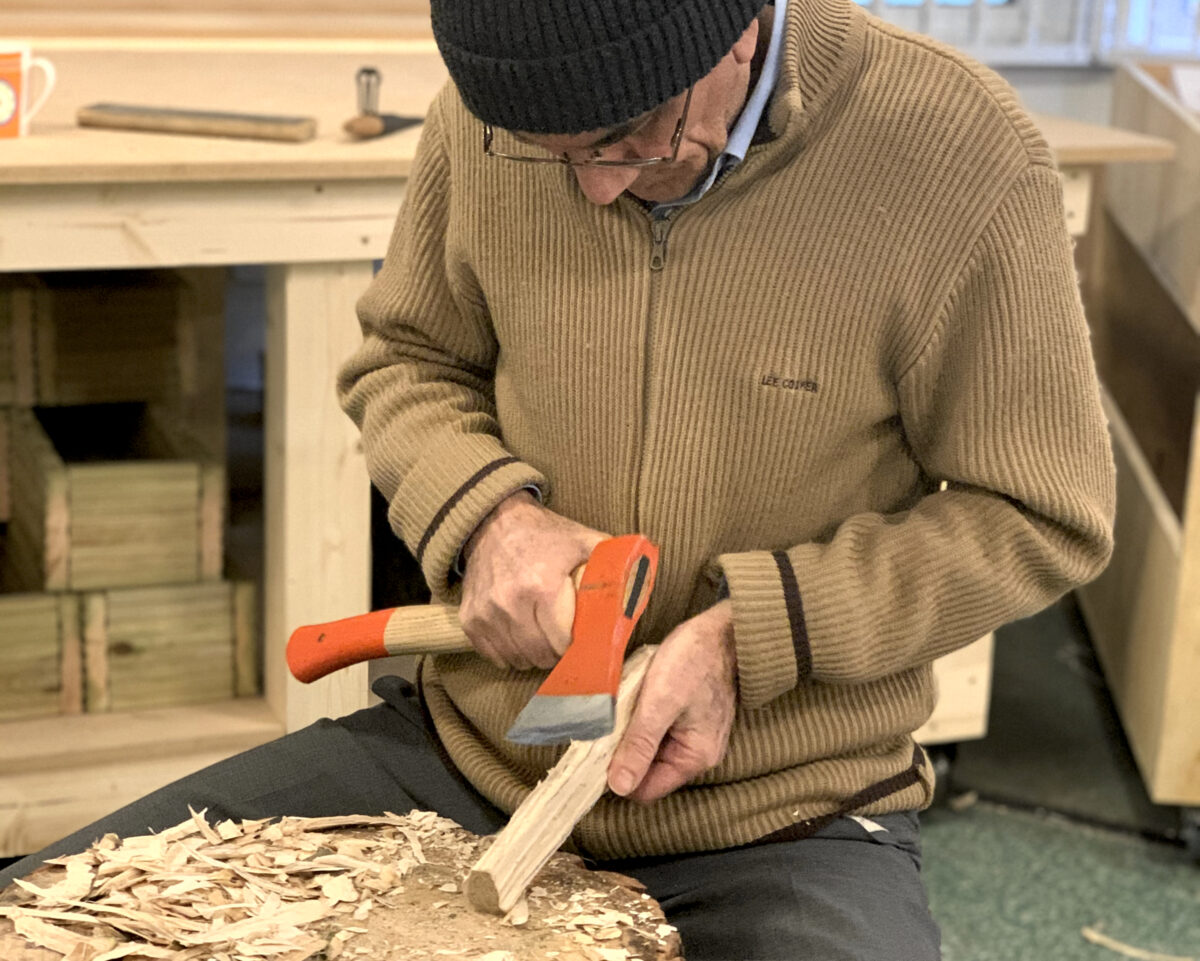
Spoon Carving (2020)
Working with the artist, founder, and Director of Creative Nature HQ Stephen Stockbridge, we introduced spoon and woodcarving sessions to Shed participants. Learning the process from ‘tree to spoon’, exploring the qualities of different woods, and application of various tools involved for carving spoons. Bringing community, making, nature and wellbeing together.
Coppersmithing (2019)
Working with Artist Lizzie Hughes of the Urban Craft Foundation. The course comprised 6 sessions where participants learnt traditional techniques and created handcrafted copper bowls and trinkets.
Pollinator Paths (2019)
A collaboration between Maxilla Men’s Shed and London Sustainability Exchange (LSx) to transform RBKC’s outdoor spaces to help local pollinators. Community members were invited to learn the process of building windowsill planters under the guidance of a specialist carpenter. Participants then worked with LSx’s pollinator expert learning gardening for wildlife skills, to help foster green spaces and plant their windowsill box with compost, crocus bulbs and plants, ready to take home.
"I never knew I was good at carpentry, and it has given me lots of confidence in my ability"
Programme participant, London
Words from our members:
“Doing something fresh. The space to work on messy projects. The shed prompts me to leave home, otherwise, I would stay home and sleep.”
“Learning about all the tools and feeling a sense of achievement even if it’s only a small thing like how to cut a piece of wood straight, makes me happy.”
“The relaxed ambience and knowing that if I need help the others are willing to impart their knowledge and know-how to help out.”
“I never knew I was good at carpentry, and it has given me lots of confidence in my ability”
“I really like coming in and working with my hands, especially with mobility restrictions on my arms. I’ve learnt a lot of new skills from people with different experiences”
“Socially I feel more confident to interact with a variety of different people. I love exploring my creative ideas and socialising during tinkering session”
“Everyone has been kind and patient with me which makes me feel really safe and happy in the shed environment”
“The social aspect is really good. Meeting people from different backgrounds has been great and I’ve learnt a lot from everyone”
“The Shed is like my second home, it’s a calming space for me. Exploring like-minded people and creativity, a retreat from the norm”
“In a word, ‘magic’. If you’re feeling gloomy, you show up there.”
“With the problems in my accommodation here, if I can get a day in the Shed, or a half-day in the Shed, it’s a pick-me-up. The issues are about the tools and materials and the work and that kind of thing instead.”
“You go in there with a problem, and you come out and you’ve forgotten the problem.”
“[I enjoy] chatting to other people. There’s already a standing topic of conversation, and that is the job at hand.”
“…There’s always a thing of satisfaction of doing something.”
“There are some talented people there, artists, all talented in their own way. I’m good with anything making, fixing, helping and it just makes you feel better.”
“I like to see Rasha because she’s always cheerful, and a couple of the other members are quite fun.”
“It does bring me out of my depression when I’m there and listening to the others talk. It sort of cheers me up, it’s something that I really look forward to when we go every week.”
Words from our funders:
“I feel that they reach parts of the community that are possibly quite hard to reach. So the Men’s Shed is quite unique.”
“I think it’s really interesting to see how, some of the things that they’ve done like whittling spoons…It’s a diversionary tactic for boredom. And it’s a great way of getting people to talk together. It’s more about the activity for the mental health…The demographic is not by accident. It’s all those guys of a certain age who basically are isolated, but used to perhaps work in industry, perhaps they used to do labouring and stuff like that, and don’t have the social networks now they’re no longer at work…There’s that sort of very lonely demographic that they’re looking for. And they’ve hit that demographic, and they’re using the service.”
“I see when I go there the camaraderie that comes with sharing the space…When they’re not there, they really miss it…There was a newsletter where they’re outside, working with their coats on and stuff [during lockdown]. It wasn’t ideal but they were there doing it, so that is a testament to the work that they’ve done and that the clients have a degree of ownership of what’s going on.”
Dr Oisin Brannick, Clinical Lead Self Care and North Kensington, NHS WLCCG, said: “we know initiatives such as this bring people together to learn new skills and as a result improve people’s health and wellbeing”
Cllr Sarah Addenbrooke, Lead Member for Adult Social Care and Public Health, RBKC, said: “The profound effect of loneliness and isolation has devastating effects on men’s health and remains a public health issue. The Council is committed to reducing loneliness and encouraging and supporting social interaction”
Since we opened in 2019
unique Shedders have come through the door
average times each Shedder has returned
total visits to the Shed
Programme partners
